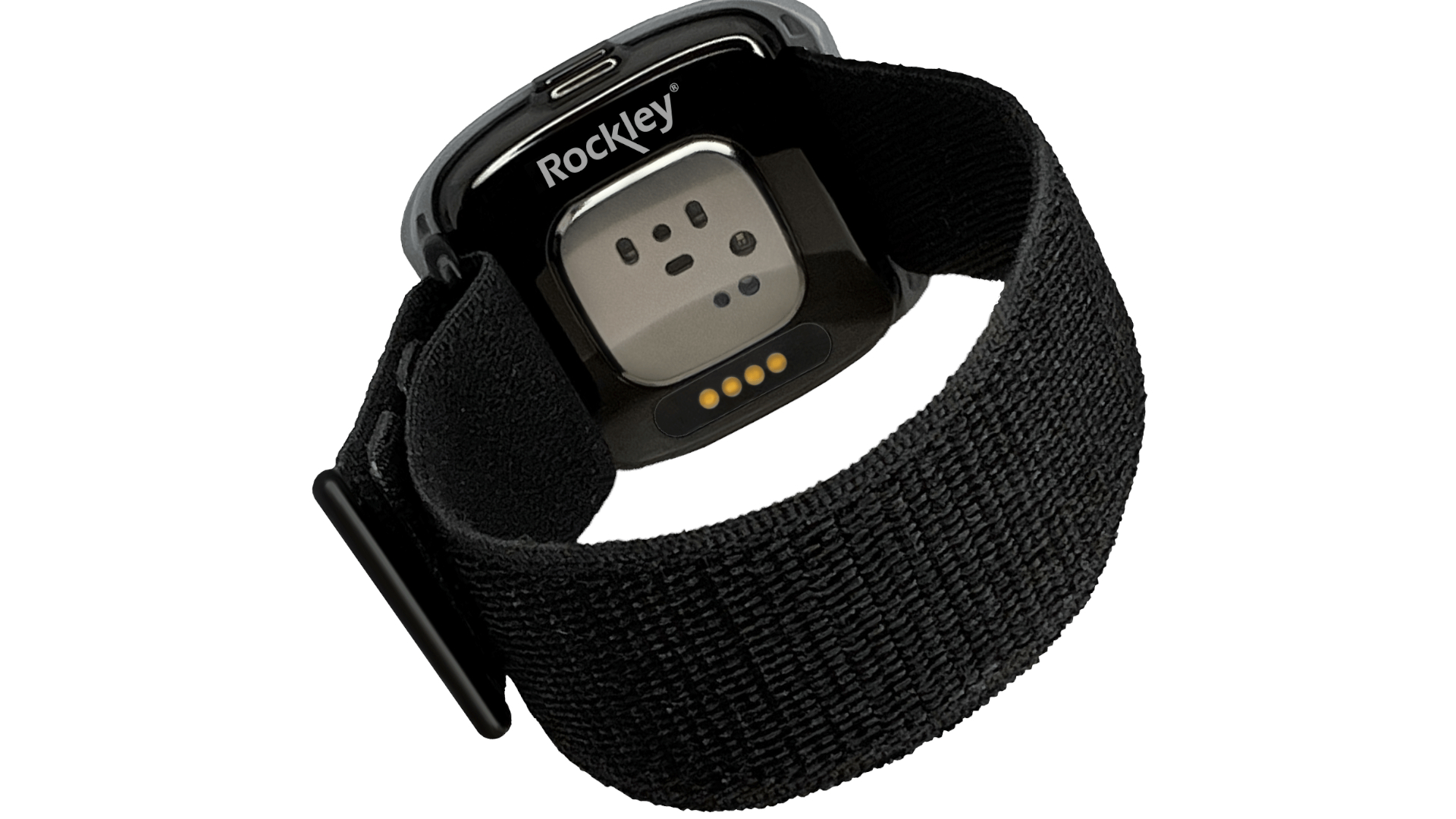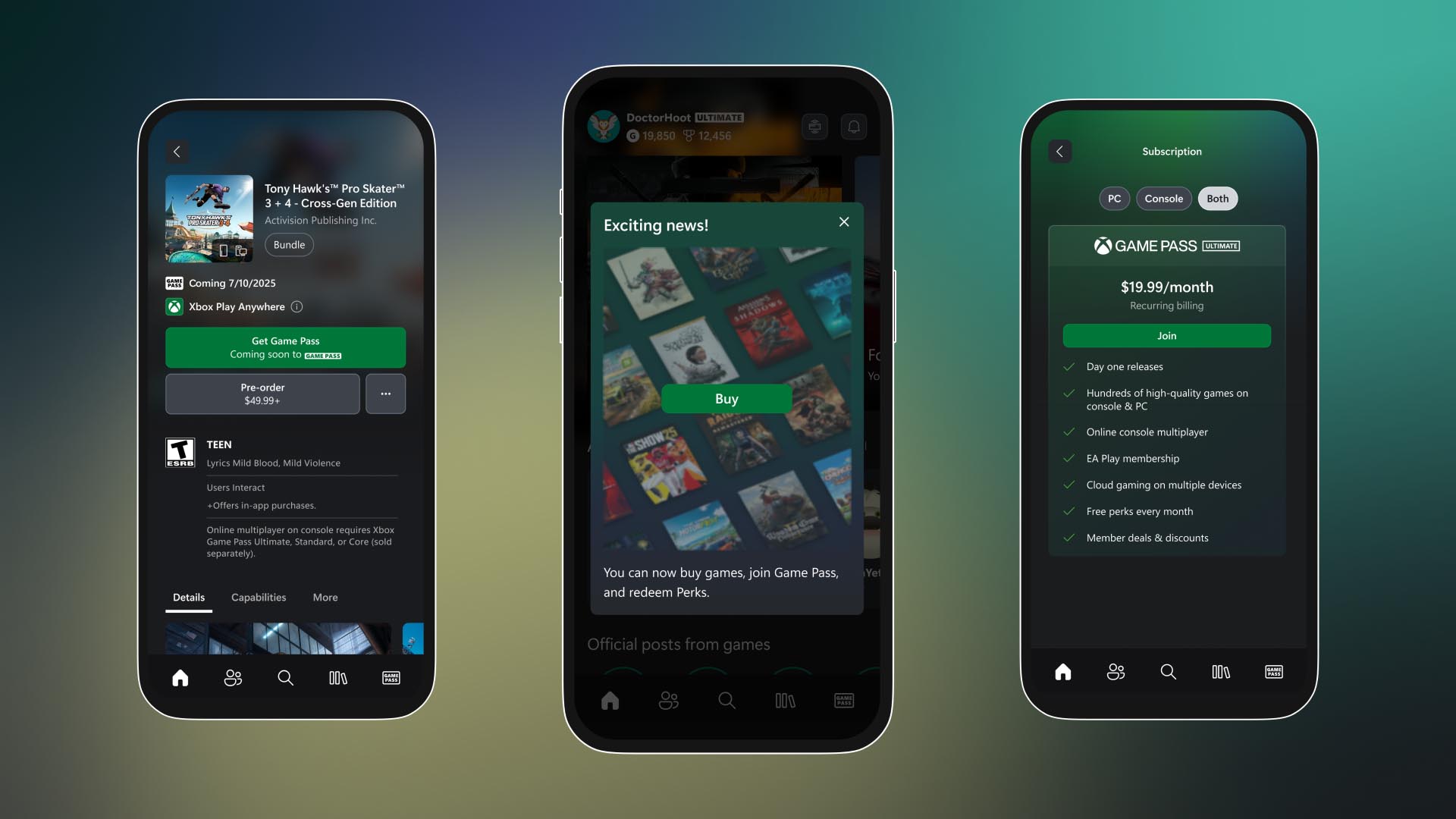Rockley has a skin-penetrating IR sensor that your next smartwatch could borrow
Rockley Phonetics is partnered with 'six out of the top 10' consumer wearable brands for its 'wearable lab' on your wrist.

What you need to know
- Rockley Phonetics announced the Bioptx Biosensing Band on Tuesday.
- It uses a proprietary 36-wavelength IR sensor to "continuously and non-invasively collect spectral data" beneath the skin.
- It can measure HR, HRV, SpO2, breathing rate, skin temp, and body hydration.
- Rockley's CEO claims that the company is partnered with most of the major wearable brands, suggesting this tech could be used by mainline watches.
A typical smartwatch has a PPG sensor that combines green, red, and infrared (IR) LEDs to detect your heart rate and blood oxygen using data on the surface of your skin. Wearable research brand Rockley Phonetics is leaning into the IR side of health tracking to dive deeper. And if it works as intended, your favorite wearable brand could end up buying the tech for itself.
The Bioptx Biosensing Band, announced on Tuesday, is a prototype wearable that you probably wouldn't want to wear: It has no display, weighs 50g, measures 15mm thick, and only lasts two or three days per charge. It's essentially a thicker, shorter-lived Whoop 4.0. However, its concept is intriguing, to say the least.
The key is a proprietary "spectrophotometer" that can "probe millimeters into the dermis" to "collect spectral data from an immediate space between blood vessels and cells."
While watches like the Pixel Watch 2 focus on capturing wider swaths of your surface-level skin with a multi-path LED sensor, Rockley says it can capture "unique" data no other wearable can track by diving beneath the skin, such as hydration levels and body temperature, and deliver more accurate HR and SpO2 data as well.
Rockley is also testing non-invasive glucose monitoring using short-wave infrared (SWIF) and laser-based blood pressure monitoring. We know Apple and Samsung both want to add glucose monitoring in the future, and while Samsung has blood pressure monitoring on its smartwatches, it's not FDA-approved yet.

Why does Rockley's experimentation matter to consumers? Because it's highly likely that your favorite fitness watch or tracker will buy its technology in the future.
Rockley CEO Dr. Andrew Rickman told Advnture's Cat Ellis in an interview last year that his company is "now working with six out of the top 10 consumer device companies, as well as medical device manufacturers." It's specifically working to make its silicon-based health sensors fit inside these brands' watches.
Be an expert in 5 minutes
Get the latest news from Android Central, your trusted companion in the world of Android
Rickman didn't name names, but we can extrapolate from reported 2022 and 2021 wearable sales from Counterpoint Research. The top 10 last year, in order, were Apple, Samsung, Huawei, Noise, Fire-Boltt, Garmin, Amazfit, and Boat. The top 2021 brands that dropped out last year were Imoo, Fitbit, and Xiaomi.
While it's possible that Rockley's partners include budget Indian brands like Noise and Fire-Boltt, it seems more likely that the California-based company would have made connections with brands like Apple, Samsung, or Garmin with a strong North American presence.
We'll keep an eye on Rockley's progress, to see when it'll reach the point that our favorite watches will start using its skin-penetrating tech for themselves.

Michael is Android Central's resident expert on wearables and fitness. Before joining Android Central, he freelanced for years at Techradar, Wareable, Windows Central, and Digital Trends. Channeling his love of running, he established himself as an expert on fitness watches, testing and reviewing models from Garmin, Fitbit, Samsung, Apple, COROS, Polar, Amazfit, Suunto, and more.
